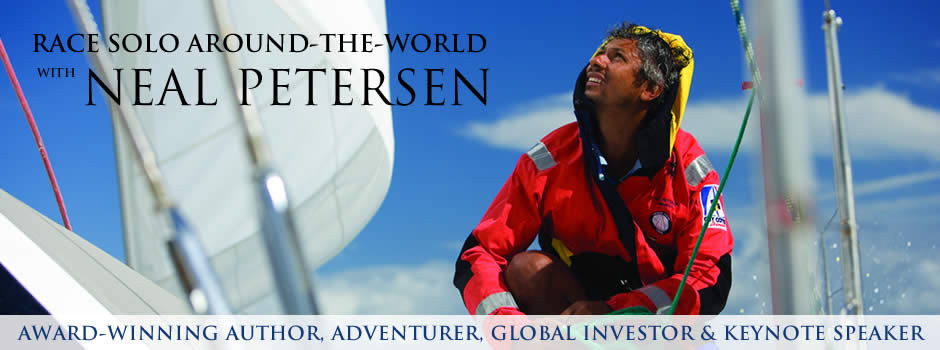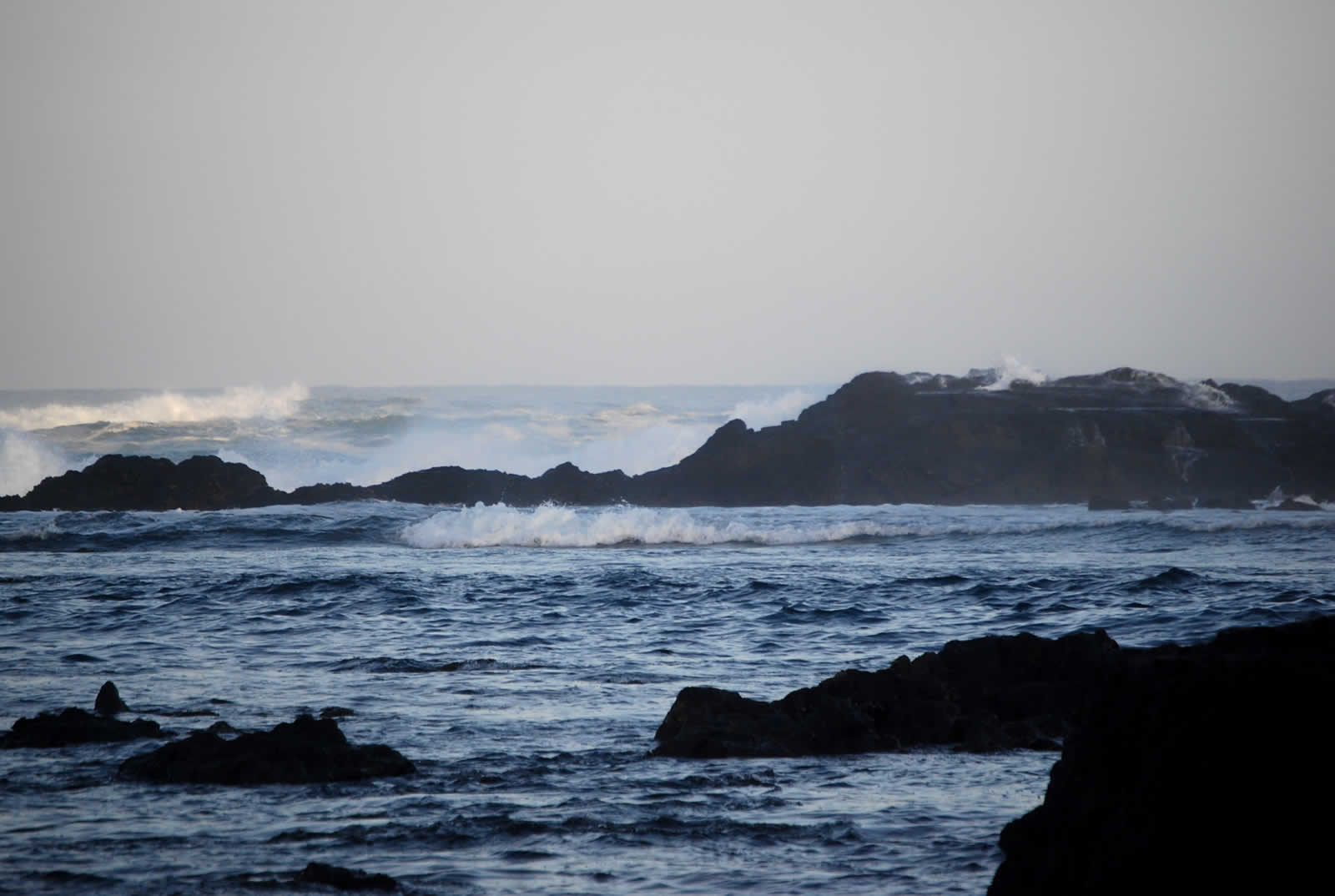Every island nation has a prison and some are located within the most incredible real estate with high value views. Grenada is one such island, but no Devil’s Island with cliffs and strong currents. Instead it’s an old fort looking down on Grenada’s capital, St. George and the Caribbean Sea. The prison spans a steep hill and on the opposite slopes are well maintained vegetable gardens and assorted animals being raised for both prison consumption and excess sold to the community. Arrangements to speak at the prison were made in partnership with the American Embassy. Crowded with a population of 482, Darlene and I were escorted from the Commissioner’s office by the Superintendant of Prisons from the administration building down a steep unpaved road passing several buildings to the prison gate where a buzzer was wrung. The officer in charge opened the main gate, a large rough hewn wooden door, saluted the Superintendent as he stated the number of inmates in residence before welcoming us through.
The door thundered shut, locking out the free world. Our names were handed in, but there were no metal detectors, searching of our bags or my signature and somewhat famous – treasure chest, before allowing us to pass through the next gate and in to the court yard. It had rained earlier in the day and the stagnant heaviness hung in the air as we were shown the way to where some 200 men and 4 female prisoners awaited us. It was standing room only, primitive and sparse. The councilor introduced me and we were off, initially, but no one seemed focused on me, as Darlene and the 4 women prisoners were the initial magnet of that attention, but slowly I won them back and they were glued. It was not my standard presentation as we lacked the visual aid support. One of my messages was recognizing that many of them are entrepreneurs, but with the wrong product that landed them there. I challenged them to put their efforts into a product line that would support society, focusing their efforts not just on themselves or their families, but on their communities and the next generation. On conclusion, I took several questions as the inmates lined up to ask them at a microphone set up for that purpose. There were many comments of the inspiration and insights I had just provided them. One question asked how to convince government to support them? I turned it to not what can government do for them, but what can they constructively contribute to their society? One man commented on how hard life was for them. I refuted that comment stating I came from a country where the harsh laws of discrimination during Apartheid, were well stacked against me, laws that they did not have to endure, and that there were no excuses. If I could take a public education in South Africa with limited access to learning and in spite of my background, enduring extreme racial prejudice, physical disability and economic hardship – to succeed, then there are no excuses that they could not. There was a request for a copy of my book, so I took the treasure chest copy, the last one I had with me on this trip, signed it to the people of Grenada, and donated it to their prison library. We do not know which life may be inspired for change. Many inmates gathered round both, Darlene and I to ask more questions, to shake my hand and ask for autographs, one asking for me to sign his shirt. They were genuinely interested in my story and wanted more. After leaving we were taken up to an observatory platform to admire the view. The social worker escorted us up, and then shared that both he and the councilor who had introduced me were former inmates in this very place. He had been given the death sentence and in the years in solitary confinement and later sitting on death row for being a Communist / Marxist and a part of the 1982 attempted over throw of his government that lead to the United States sending in the marines and invaded the island, he studied social work via correspondence courses. He obtained his masters degree, was later pardoned and after 20 plus years as an inmate, returned shortly after his release as the resident social worker. He had pulled himself up by his boot straps, proving that a man can return from the darkness and become the bearer of the light, shining hope. Each one of us has a story to tell, lives to touch and a difference to be made.

